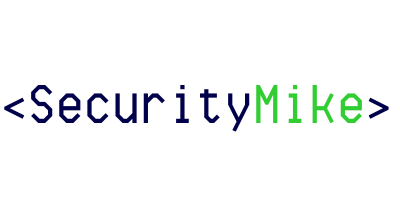Introduction
In 2023, weak passwords remain a widespread issue despite growing cybersecurity awareness. Users often opt for weak passwords for ease of memory despite the known risks. This trend persists even as popular websites continue to permit weak password creation, putting user data at significant risk.
The Prevalence of Weak Passwords
The persistent use of weak passwords highlights a critical gap in cybersecurity practices. A study by Georgia Tech found that 12% of websites do not require minimum password lengths, contributing to this vulnerability. Despite heightened awareness, the convenience of memorable passwords leads many to prioritize ease over security. This problem is exacerbated by the many passwords users must remember, further encouraging the use of simple, weak passwords.
Why Weak Passwords Are a Liability
Weak passwords pose a significant threat as automated tools easily crack them. Simple, short passwords, especially those containing personal information, are vulnerable to quick decryption. Cybercriminals often use lists of common or previously compromised passwords available online. Furthermore, password reuse compounds the risk; a single compromised account can lead to a cascade of breaches across multiple platforms.
Best Practices for Strong Passwords
To mitigate these risks, several best practices are essential:
- Use a Password Manager: This tool generates and stores complex passwords, ensuring each account has a unique and strong password.
- Use More Complex Passwords: Opt for longer passphrases or strings of random characters, which are significantly harder to crack.
- Avoid Password Reuse: Different passwords for different accounts prevent a single breach from compromising multiple accounts.
Conclusion
The imperative of strong passwords in online security cannot be overstated. By employing strategies such as using password managers, creating complex passwords, and avoiding password reuse, individuals and organizations can significantly strengthen their cybersecurity, irrespective of their technical expertise.


Pingback: Securing the Future: Emerging Technologies in Cybersecurity - SecurityMike
Pingback: Exploring Alphv: The New Era of BlackCat Ransomware - SecurityMike
Pingback: Case Study: The Alphv BlackCat Attack on Major Corporations - SecurityMike
Pingback: Building a Resilient Cyber Defense Strategy for Small Businesses - SecurityMike